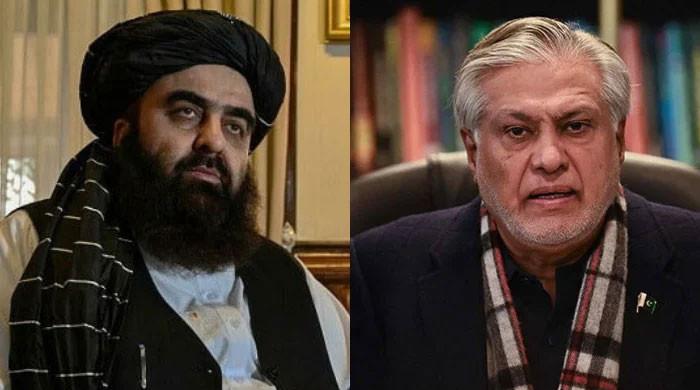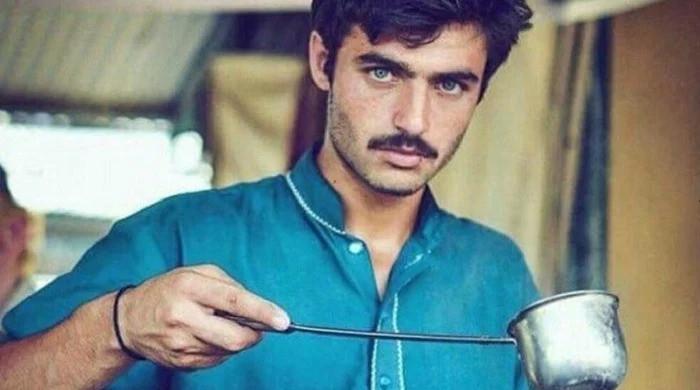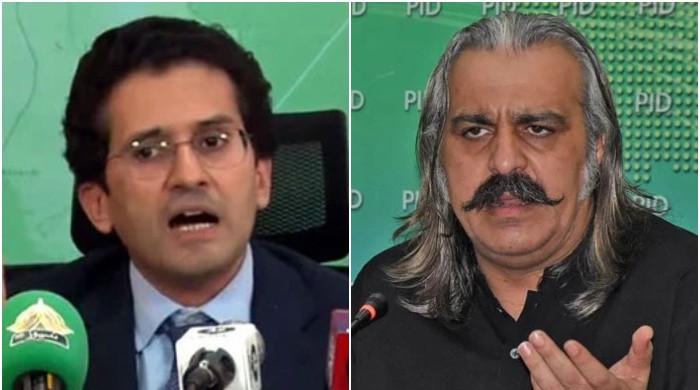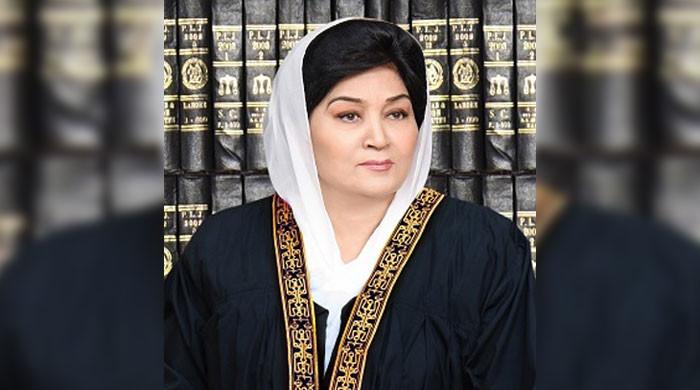With 3,000 new cases, Pakistan's coronavirus tally crosses 380,000
Pakistan also recorded 59 new COVID-19 deaths in the past 24 hours
November 25, 2020
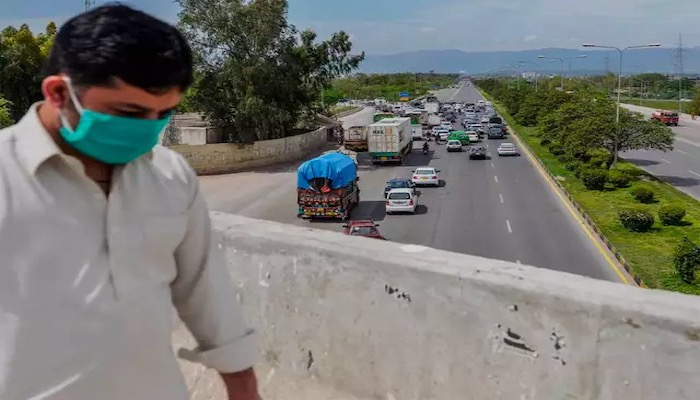
ISLAMABAD: Pakistan recorded the highest single-day spike of 3,009 coronavirus cases in over four months, taking the cumulative tally to 382,892.
According to the National Command and Operations Centre (NCOC), the SARS-CoV-2 virus claimed 59 lives across the country in the past 24 hours. Pakistan's death toll now stands at 7,803.
The number of active cases has jumped to 41,115 while 1,867 patients are under critical care. The positivity rate remains stagnant for the third consecutive day at over 7%.
With the COVID-19 pandemic progressively getting worse in Pakistan, the government has placed fresh restrictions across the country to prevent the spread of the virus during its second wave.
Here is a look at Centre and region's strategies to combat the outbreak.
Read more: Coronavirus cases in Pakistan and abroad on November 25
Centre
Following recommendations by the NCOC, the government has made face masks mandatory in public spaces, limited large public gatherings to 300, banned indoor weddings, closed shrines, cinemas, and theatres, and instructed public and private offices to adopt work-from-home policy and 50% occupancy.
The federal government also announced that educational institutes will remain closed from November 26 to January 10. The students will study at home or get weekly homework till December 24 and winter vacations will start December 25. The schools will reopen on January 11 - which is subject to coronavirus situation then.
All examinations have been postponed except admission and recruitment tests.
Islamabad
Apart from the Centre's COVID-19 policies, the local administration has directed the hostels to accommodate one-third of the usual number of students.
Punjab
The provincial government has adopted smart lockdowns in at least six cities so far. All shopping malls, restaurants, offices remain closed under the lockdown.
All large gatherings have been banned, milk and meat shops have been allowed to operate from 7:00am to 7:00pm while grocery and general stores, flour mills, fruit and vegetable shops, tandoors and petrol pumps' timing are set to 9:00am to 7:00pm.
Medical stores and pharmacies will stay open 24/7.
It has adopted the NCOC policy on education, offices, and face masks.
Sindh
The provincial government has allowed markets and business centres to operate from 6:00am to 6:00pm on weekdays but directed them to stay shut on weekends. Only essential services will stay open on weekends.
Indoor events have been banned while outdoor events are limited to 200 guests. At weddings, closed-door marquees and buffets have been banned while food is to be served in packets and the function has to end by 9pm.
All cinemas, shrines, theatres, and gym will stay closed.
In Karachi, indoor dining has been but restaurants have been allowed to provide dine-in facilities in open spaces. Delivery is allowed beyond 10:00pm as well.
The province has adopted the NCOC policy on education, offices, and face masks.
Balochistan
The provincial education department announced early and extended winter vacations last week. Educational institutes will remain closed from December to February.
Khyber Pakhtunkhwa
The provincial government has banned indoor weddings and limited outdoor gatherings to 300 guests. All shopping malls, markets, restaurants, and wedding halls have been directed to shut by 10:00pm. Public parks and recreational spots will close by 6:00pm.
Essential services, pharmacies, tandoor shops, and petrol pumps will remain open 24/7
The province has adopted the NCOC policy on education, offices, and face masks.
Azad Jammu and Kashmir
The regional government has imposed a 15-day lockdown on November 20 under which all public gatherings have been banned. All businesses and offices are closed while the government offices will operate at 50% capacity. Only essential services are allowed with strict implementation of coronavirus SOPs.
The government has closed down schools. It is also requesting locals and Kashmiris based abroad to avoid travel.
Gilgit Baltistan
No new restriction has been announced from the administration yet.




